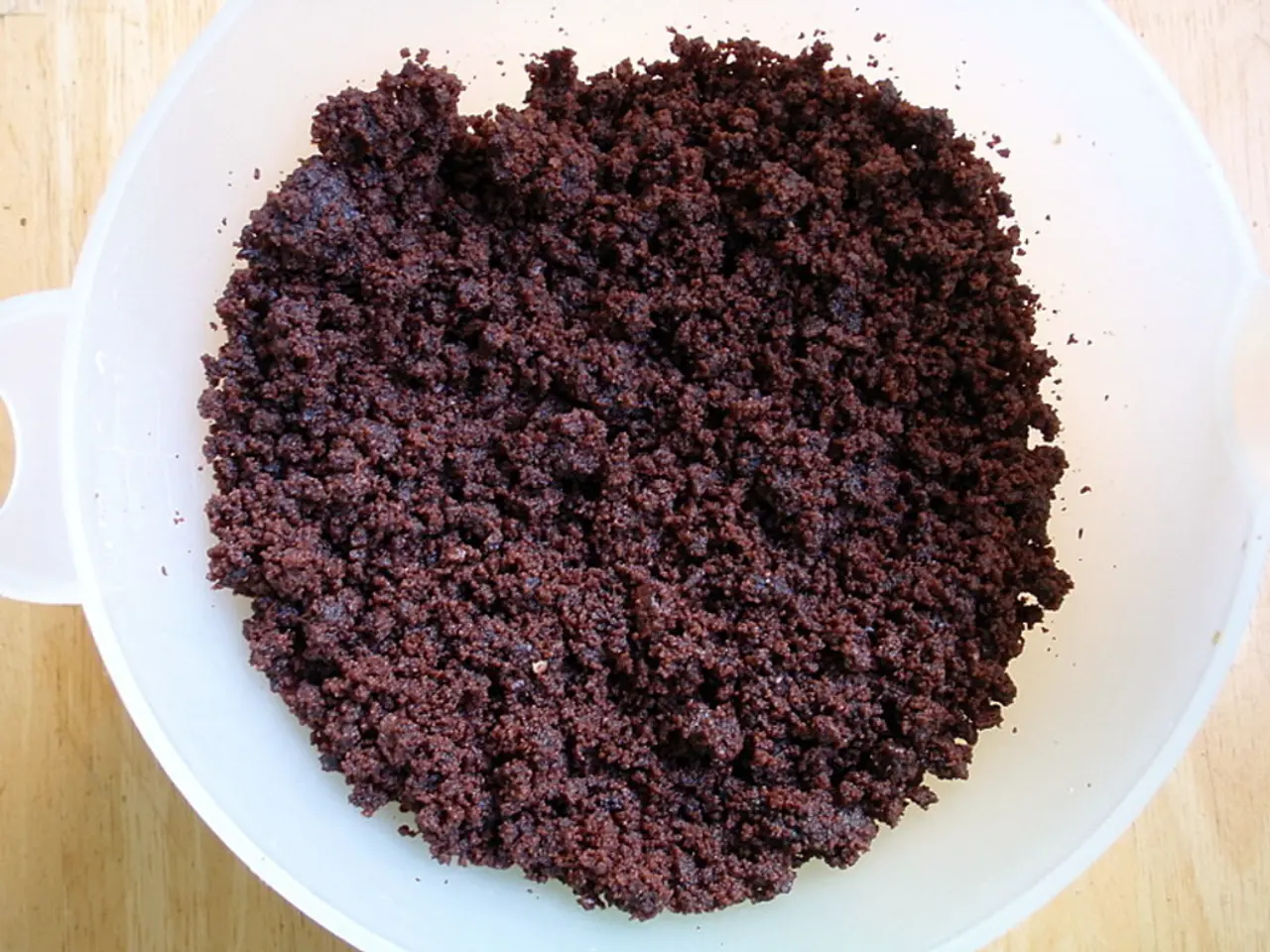Increases risk of colon cancer associated with ulcerative colitis?
In a recent review published in 2021, it was revealed that people living with Ulcerative Colitis (UC) may face a higher risk of certain types of cancer, particularly those affecting the small intestine, bile duct, liver, pancreas, urinary tract, reproductive organs, blood, skin, or other parts of the body.
UC is a type of inflammatory bowel disease (IBD) that causes chronic inflammation and the development of sores on the inner lining of the colon. This inflammation can lead to the development of abnormal cells, which experts call dysplasia.
Several lifestyle habits may help reduce the risk of colon cancer in individuals with UC. These include avoiding alcohol, quitting smoking, maintaining a moderate weight, getting regular exercise, limiting sedentary time, and eating a diet rich in fruits, vegetables, and whole grains.
Multiple UC treatments, such as 5-aminosalicylic acid compounds, thiopurines, tumor necrosis factor-alpha inhibitors, and Janus kinase (JAK) inhibitors, have been found to potentially lower the risk of colon cancer, according to a 2022 review. However, other studies have found no effect of these treatments on colon cancer risk, and the quality of available evidence is low.
The factors that increase the risk of colon cancer in individuals with UC primarily include the duration and extent of the disease, and the severity of inflammation. Specifically:
- A longer duration of ulcerative colitis significantly increases colon cancer risk. For example, approximately 16% of those with UC develop colon cancer or precancerous lesions over 30 years.
- More extensive colonic involvement, such as disease that extends beyond the rectum (left-sided or extensive colitis), raises risk compared to limited disease (proctitis).
- The severity of colonic inflammation is a major risk factor because chronic inflammation promotes DNA damage and harmful cellular changes leading to cancer.
- Additional risk factors include genetic predisposition and possibly other immune dysregulation mechanisms inherent in UC pathology.
Beyond UC-specific factors, general colorectal cancer risk factors also contribute. These include family history of colon cancer, age (with increasing risk after age 50), lifestyle factors such as obesity, smoking, and a diet high in red and processed meats, and ethnicity (notably higher risk in some ethnic groups like African Americans).
Surveillance with regular colonoscopies is recommended in UC patients, especially those with longer disease duration and extensive or severe inflammation, as this can help detect precancerous changes early. The ACS recommends that people with UC start colonoscopy screenings at least 8 years after diagnosis, with follow-ups every 1-3 years, depending on risk factors and screening results.
If someone with UC has primary sclerosing cholangitis, their doctor may recommend earlier and more frequent colonoscopy screenings. The risk of colon cancer may be particularly high for people who developed UC at a young age, have lived with UC for 20 years or longer, have extensive or severe inflammation from UC, have a family history of colon cancer, have primary sclerosing cholangitis, or have other health conditions or lifestyle factors that increase inflammation in the colon.
A 2001 review found that the overall risk of colon cancer in people with UC was 2%, while a 2019 review found that the overall risk was 1.3%. Taking certain vitamin and mineral supplements might also reduce the risk of colon cancer, but more research is necessary.
In conclusion, the main colon cancer risk factors in UC are disease duration, extent of involved colon, and severity of inflammation, combined with general colorectal cancer risks like family history and lifestyle. It is essential for individuals with UC to be aware of these risk factors and to discuss colonoscopy screenings with their healthcare providers to help manage their risk.
Colorectal cancer is a medical condition that individuals with ulcerative colitis (UC) might face a higher risk of developing, due to chronic inflammation and the development of abnormal cells. Colonoscopy is recommended for UC patients, particularly those with longer disease duration and extensive or severe inflammation, as it can detect precancerous changes early. Science has revealed that certain treatments for UC, like tumor necrosis factor-alpha inhibitors and Janus kinase (JAK) inhibitors, may potentially lower the risk of colon cancer. Other general colorectal cancer risk factors, such as family history, age, and lifestyle factors, also contribute to the overall risk in individuals with UC.




